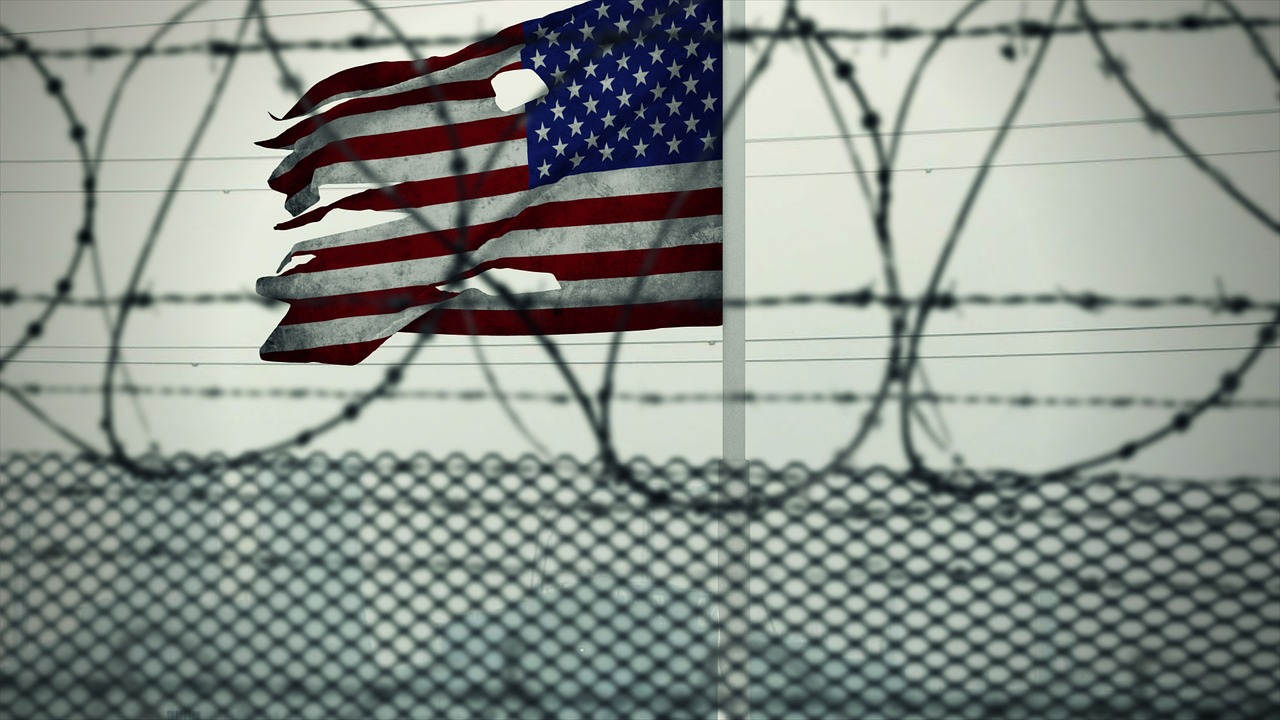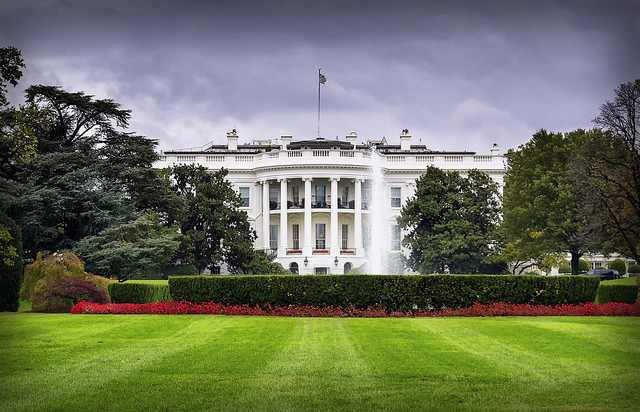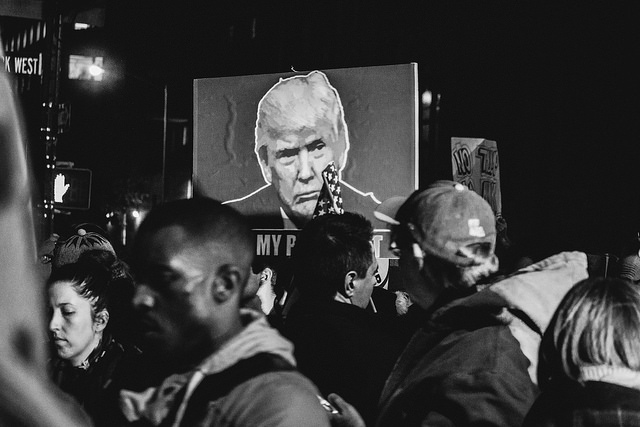 This week President Trump unleashed a fresh barrage of executive orders targeting illegal immigration and antisemitism in the United States.
This week President Trump unleashed a fresh barrage of executive orders targeting illegal immigration and antisemitism in the United States.
Executive Order Expanding Migration Operations at Guantánamo Bay
Among these orders, on January 29th the President signed, “Expanding Migration Operations Center at Naval Station Guantánamo Bay,” unveiling his administration’s plans to use a migrant holding facility at the U.S. naval base in Guantánamo Bay, Cuba, to house more than 30,000 migrants deported from the United States.
The White House has said the naval station will soon be operating at its full capacity to detain “high priority” criminal aliens unlawfully present in the United States, and to “address attendant immigration enforcement needs,” identified by the Department of Defense and the Department of Homeland Security.
Immigration advocates have questioned the optics of this decision due to Guantánamo Bay’s sordid history. Once a processing center for asylum seekers and HIV-positive refugees, it has been well known for its detainment of notorious terrorists and unlawful enemy combatants such as the 9/11 mastermind Khalid Sheikh Mohammed. This decision has raised alarm due to Guantanamo’s unfit conditions and frequent human rights violations reported to international human rights organizations.
Despite these criticisms, the White House has said that deported migrants held in Guantánamo will not be detained in the same U.S. military prison where foreign terrorists are being held. Instead, migrants will be placed in a separate holding facility previously used to detain migrants intercepted at sea.
 Visa Lawyer Blog
Visa Lawyer Blog










